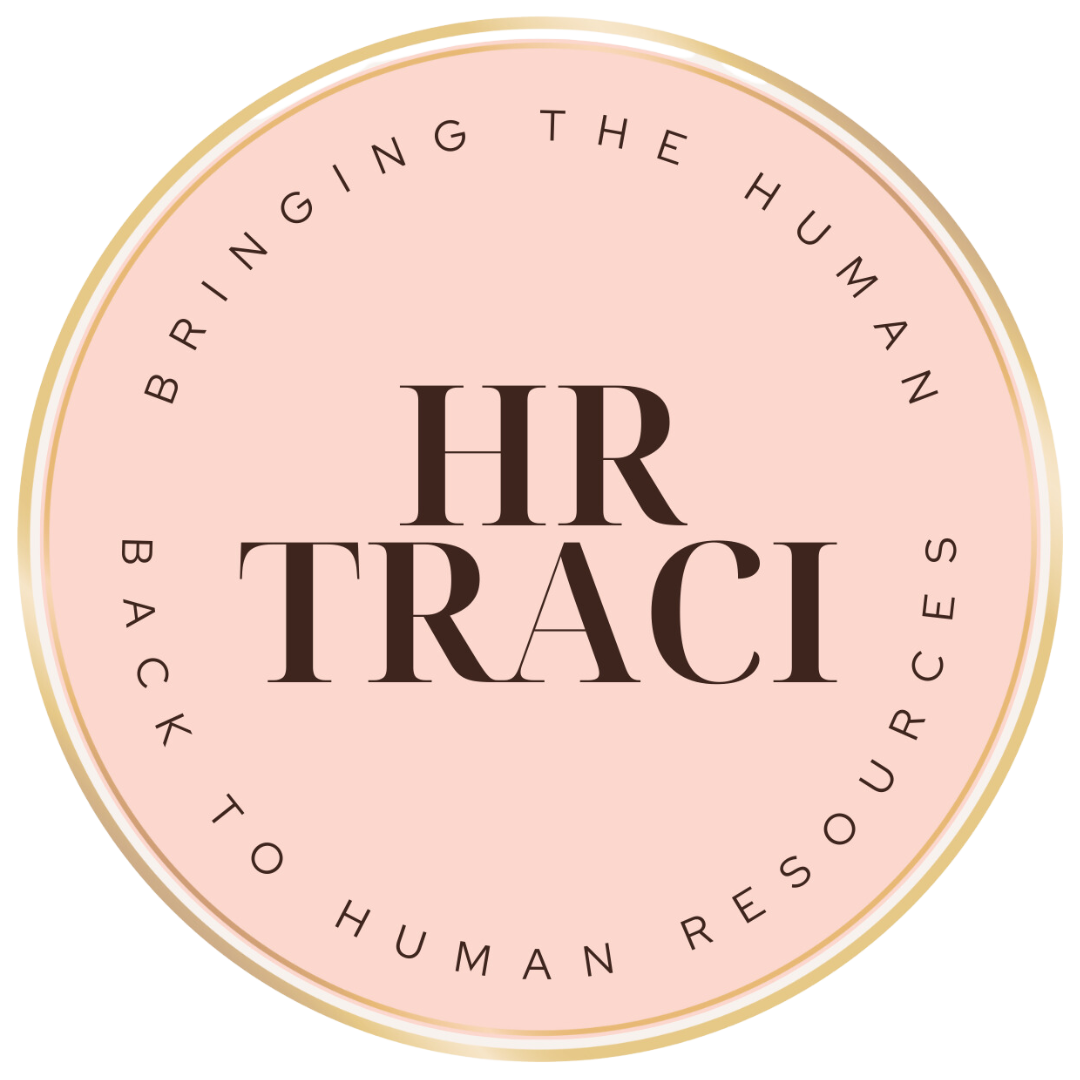Supporting People Without Losing the "Human" in Human Resources
In HR, we’re trained to respond with policy, but what happens when what’s really needed is presence?
Every week, we dive into the realities of modern work and what it means to show up as a whole person in professional spaces. But this week’s episode goes deeper than most.
It’s about the moments when HR leaders are asked to hold space, not just policies. It’s about mental health, accommodation, and the consequences of getting it wrong.
Our guest, Matthew Megson, brings two decades of HR leadership experience across multiple industries. He also brings something that rarely gets discussed out loud: his experience living with bipolar disorder while serving in senior HR roles.
His personal story and professional insights shine a light on how fragile support systems can be and how much better they could become.
If you’ve ever asked, "What should I do when someone says they’re not okay?" this episode is for you.
00:45 – Seen from Both Sides
Matthew Megson is not your typical HR guest. Yes, he’s spent 21 years leading HR functions across manufacturing, government, and nonprofit sectors. But he’s also experienced firsthand what it’s like to disclose a mental health condition at work and lose his job as a result.
“I remember coming back from a suicide attempt and telling my manager I needed to be at work to cope,” Matthew recalls. “And I was handed short-term disability paperwork instead.”
These aren’t just anecdotes. They’re a window into how often good intentions fall short without proper training and systems in place.
Matthew's journey led him to found Accommodation Analyzed, an organization focused on helping HR leaders respond better, ask smarter questions, and avoid making assumptions that do more harm than good.
It’s a call to look beyond policy checkboxes and into the human side of HR.
08:30 – When Empathy Feels Risky
For many HR professionals, mental health conversations feel like walking a legal tightrope. There’s fear that asking the wrong question could open the door to liability.
But silence is often riskier.
Traci reflects on how risk-avoidance culture has trained HR to default to forms and policies rather than dialogue.
When someone says, "I’m struggling with my mental health," it can trigger a flurry of procedural thinking, but not necessarily support. Empathy, when used well, can be the most risk-conscious move of all because it prevents avoidable harm.
Being present and asking thoughtful questions won’t just help the employee. It helps HR fulfill its true role: creating a workplace where people can thrive, not just survive.
14:00 – The Questions That Change Everything
If you don’t know what someone needs, ask. That’s the simple shift Matthew wants HR leaders to make.
Not every employee can articulate exactly what accommodation they require, especially in moments of distress. But creating space for a deeper conversation can reveal what form support could take.
“Ask which parts of the job feel heavy,” Matthew suggests. “Ask what’s manageable. That gives you somewhere to start.”
This reframes accommodation from being a legal transaction to a human collaboration. It’s not about fixing everything. It’s about meeting people where they are and co-creating a path forward.
20:00 – Remote Work, Hidden Struggles
Work-from-home has been a gift for many, especially those managing mental health challenges. But it also makes it easier to suffer in silence.
Without hallway conversations or visual cues, struggling employees may go unnoticed.
That’s why Matthew recommends regular check-ins. These aren’t performance reviews, but human conversations.
A quick 15-minute touch base can be enough to signal care and build trust over time. In remote environments, it’s these small intentional touches that keep teams connected and supported.
Even virtually, empathy travels. And it starts with showing up, consistently.
26:00 – Should You Say Something?
If you're an employee wondering whether to disclose a mental health condition, there are no easy answers. But there are thoughtful strategies.
Matthew advises starting with the impact, not the diagnosis. You don’t need to share your full medical history to ask for help.
A statement like, "I'm going through a difficult time and need to adjust some expectations temporarily," can open the door without putting you at risk.
It’s about setting the tone for collaboration, not confession. A well-framed conversation can protect your privacy while ensuring you get the support you need.
31:00 – Building a Better System
So what does it look like when accommodation is done right?
It looks like trust built over time.
It looks like HR leaders who proactively gather resources, normalize vulnerability, and commit to individualized support.
It’s not a one-size-fits-all document. It’s a living, breathing relationship.
“Start by asking how it’s impacting their day-to-day life,” Matthew says. “Not just their job.”
This shift from "what do you need?" to "how are you managing?" helps destigmatize the process. It creates a culture where accommodations are part of business as usual, not emergency exceptions.
What Role Will You Play?
This episode invites a different kind of HR conversation, one that’s less about checklists and more about courage.
Supporting someone through a mental health challenge doesn’t require perfection. It requires presence.
As a leader, a peer, or someone navigating your own struggle, consider this: how can you build systems of support before they’re urgently needed? How can you create space for conversations that don’t have clean answers?
And what would change if the first response to vulnerability wasn’t paperwork, but partnership?
If you or someone you know is struggling, call or text 988 for free, confidential support anytime.
Want to connect?
Find Matthew: Website onwardpsychservices.com | LinkedIn: Matthew Megson
Contact Traci: https://linktr.ee/HRTraci
Have insights about HR burnout or other workplace wellness hot takes? We're always looking for thoughtful guests with fresh perspectives.

